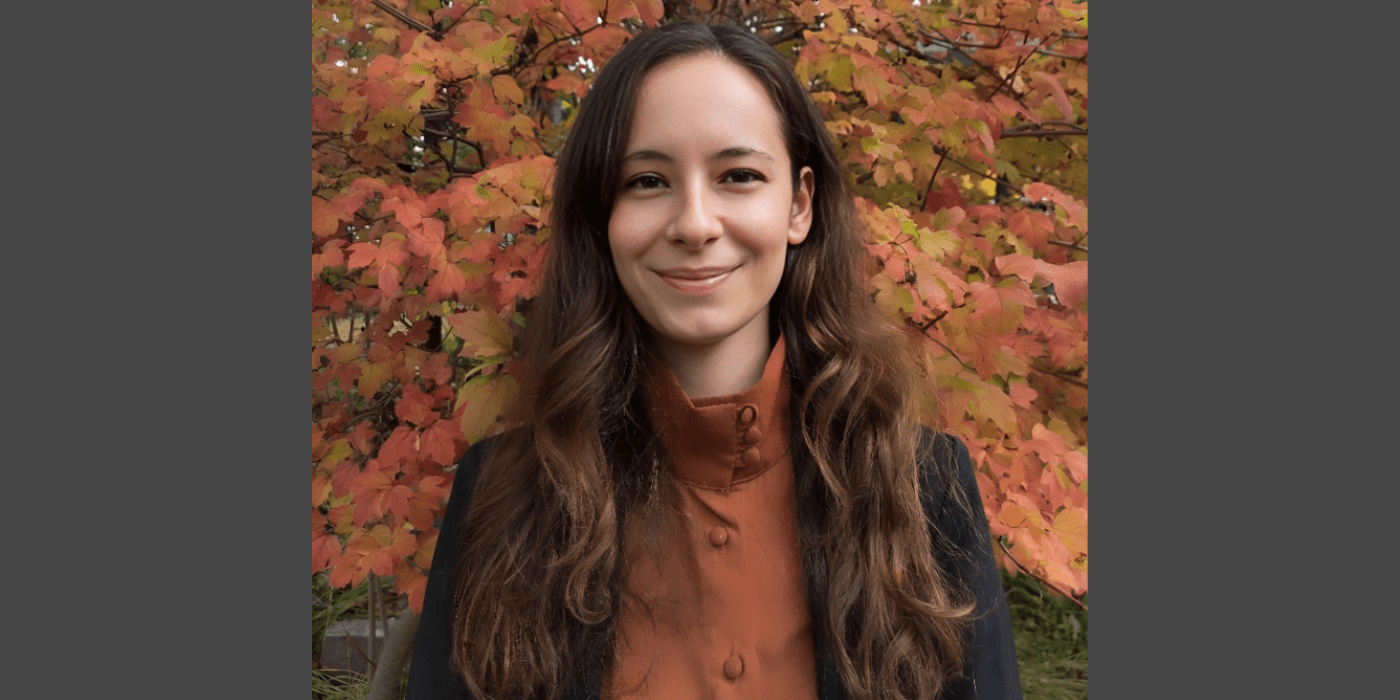
1. For those who may be unfamiliar with you and your work, can you share a little bit about yourself, your research interests at UMD, and the scope of your Fulbright(s)?
I am a developmental science scholar from Türkiye. My research focuses on the development of morality and intergroup relations, specifically children's and young adults' social inclusion and exclusion decisions in intergroup contexts. I also investigate their reasoning about social and economic inequalities, wealth, and access opportunities. My Fulbright project at UMD is aligned with these societal issues, and we have been examining young adults' perceptions, evaluations, and feelings about interacting with peers from different social class backgrounds in the U.S. and Türkiye.
2. What inspired you to start this process of becoming a Fulbright participant? What was your process in approaching the application?
We have been collaborating with my host at UMD, Prof. Dr. Melanie Killen, since my dissertation projects, and we were interested in understanding whether societal dynamics attributed to power and status change in different contexts and countries. As there is a lack of developmental studies in various socio-political and economic contexts, we believed it was essential to investigate young adults' evaluations of interactions with peers from different social class backgrounds in different contextual dynamics. Our research is also based on a theoretical background that is very much data-driven. I knew I could benefit from the collaborations and discussions about our work at Dr. Killen’s Social and Moral Development Lab of Human Development and Quantitative Methodology. The Fulbright Postdoctoral Grant was a perfect opportunity to achieve my goals.
3. In 2022, the university released their new strategic plan, Fearlessly Forward. One of its core tenets is to take on the world's grand challenges. In what ways did your work contribute to supporting this mission?
Social and economic inequalities are among the most pressing social issues on a global scale, affecting individuals' physical and psychological well-being, particularly those from disadvantaged backgrounds. Children and adolescents who lack access to resources also often face unfair treatment, discrimination, and marginalization. My research agenda is well-aligned with the university's Fearlessly Forward mission by focusing on the psychological mechanisms that perpetuate inequalities, prejudice, and the status quo, as well as the factors that shape young people's perspectives on social and economic inequalities and the importance of fostering inclusive social environments.
4. What was the most surprising thing you found in your research and or scholarship?
My research mainly focuses on children and adolescents, and I am always amazed by their ability and willingness to engage in complex societal issues. Adults often think that children are unaware of inequalities and prejudice and do not care about fairness, equality, and equity. However, children decide, reason, and experience issues related to inequalities, injustice, unfairness, and rights daily. They can be victims, perpetrators, and resistors. In our research and that of other colleagues, we have observed the importance of promoting children's potential to be more inclusive and standing up against differential treatment when necessary.
5. How do you plan to carry forward what you learned and the relationships you formed while on campus?
My experience at UMD was extremely rewarding. I had the opportunity to meet exceptional colleagues and make new friends, and I also gained access to a supportive Fulbright network. I will continue to work with the Social and Moral Development Lab on various projects. Being part of a different working environment has contributed to my personal and academic growth. I am sharing these perspectives with my department, students, and community back home.
6. For others that are interested in becoming Fulbright participants, what advice do you have for them?
I would suggest not hesitating and simply applying. Sometimes, we may underestimate our project or how prepared we are. It is important to be persistent and not give up if you don't get the grant on your first application. I was awarded a Fulbright grant for the second time! Many factors affect who will be granted, so it is not always about the quality of the project or the qualifications of the applicant. To prepare the application, familiarize yourself with the application requirements and be realistic about how much time you will need. If you need any help or have questions, don't hesitate to reach out to a Fulbright alumni.
